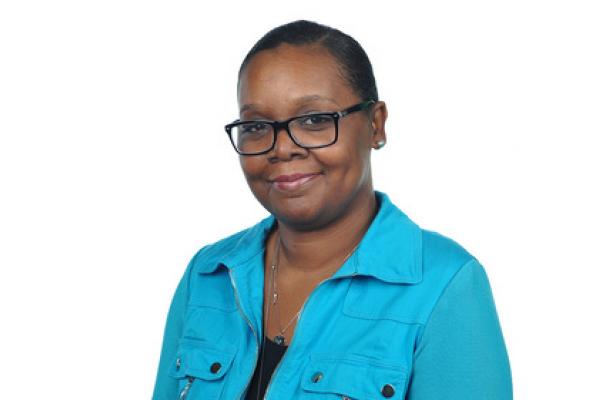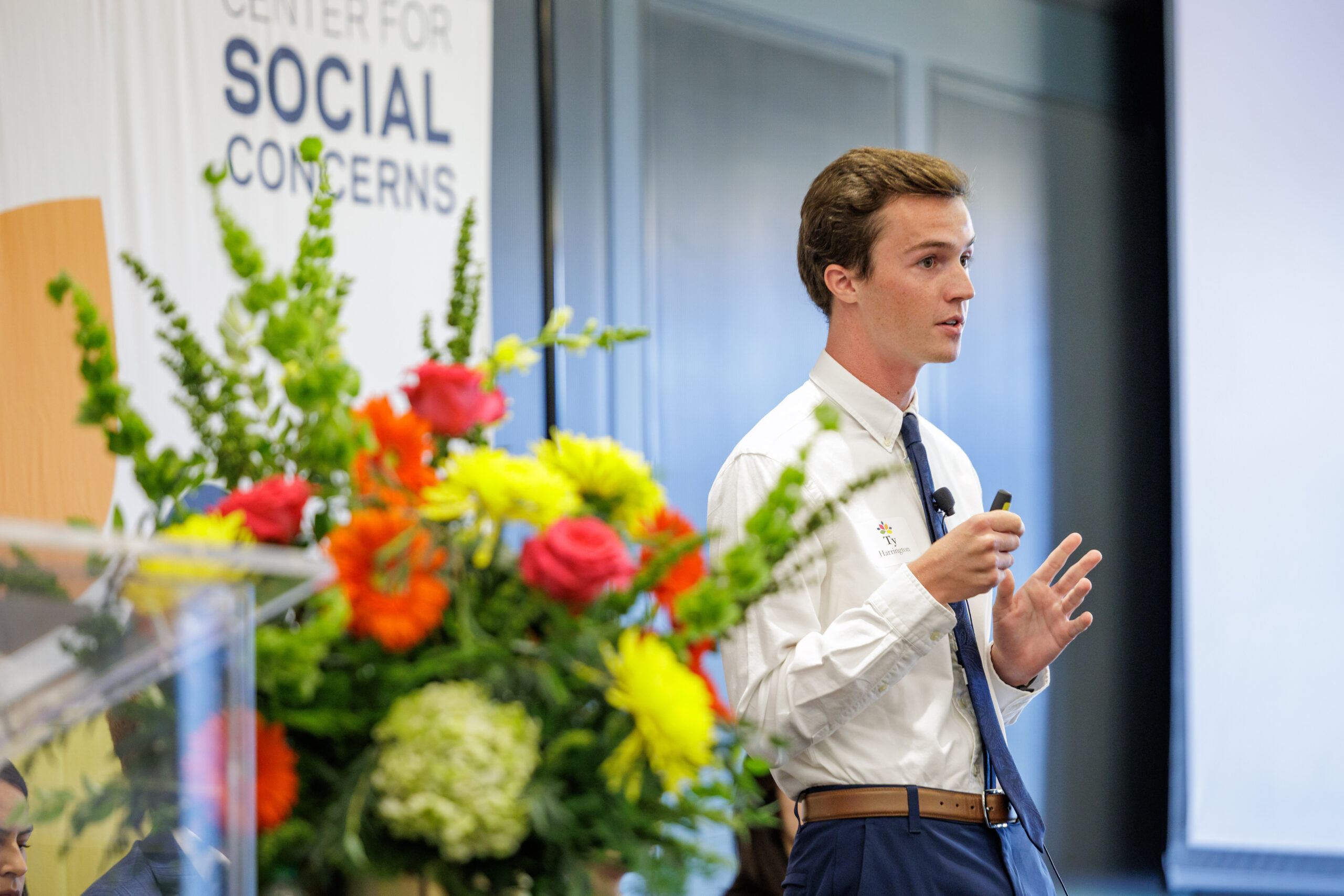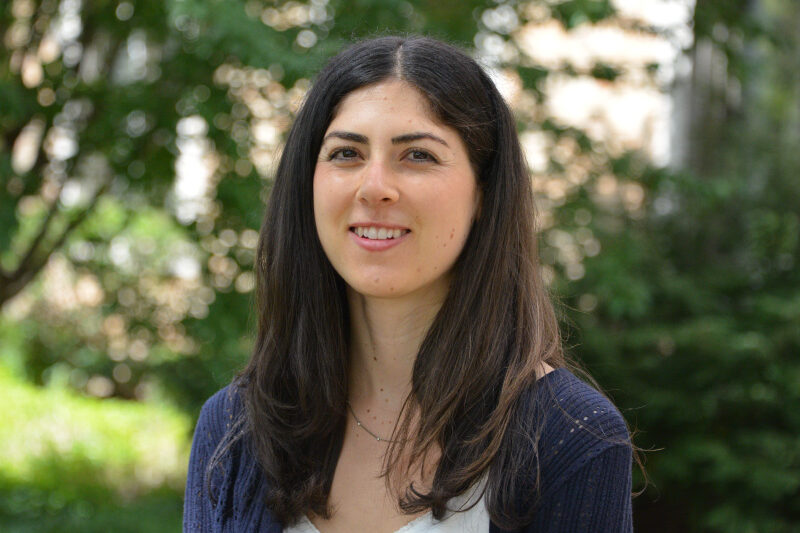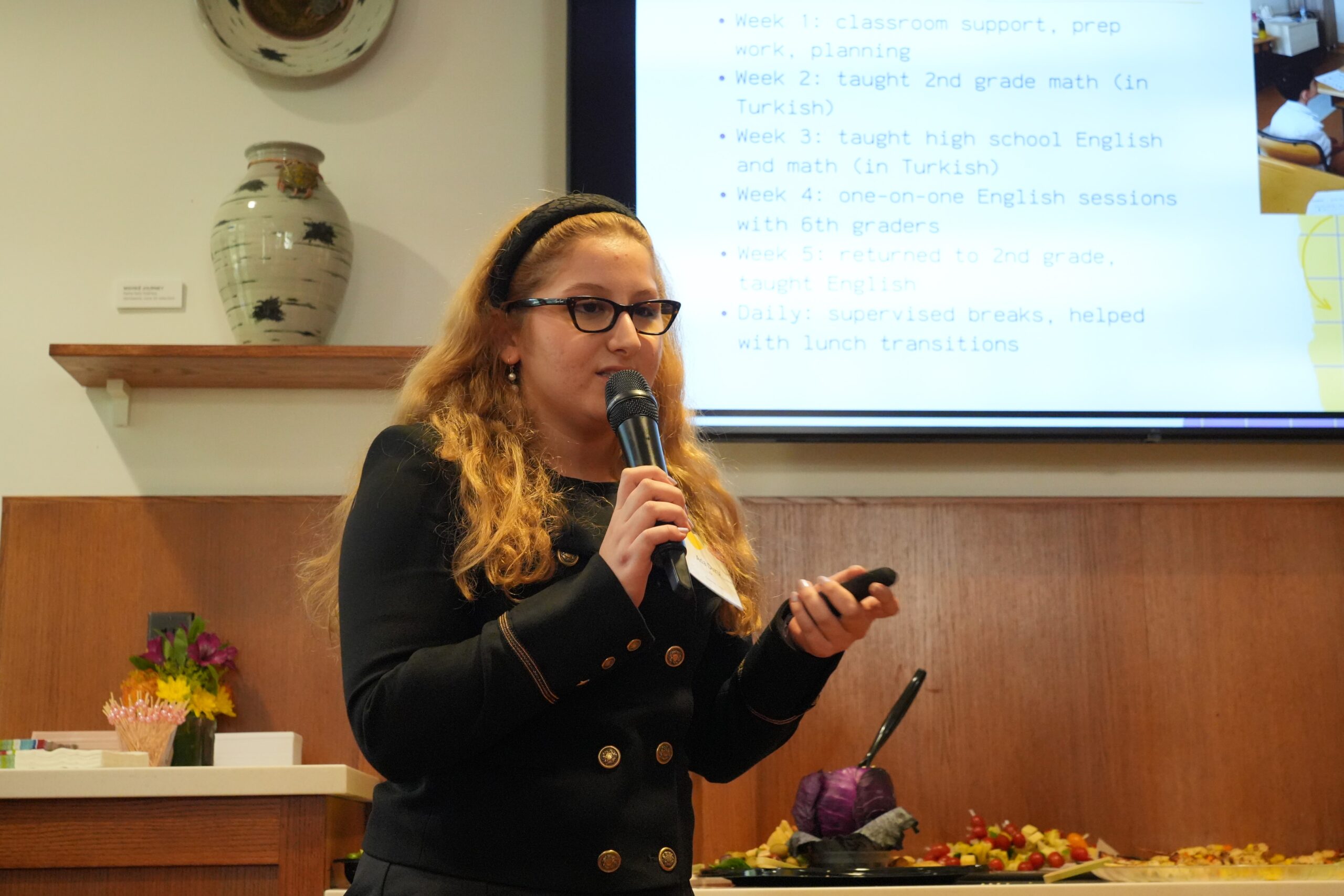Keona Lewis brings ballet, Buddhist meditation, and hope to academic DEI initiatives
March 17, 2023

When Keona Lewis was in high school, she toured with an African ballet company in a ballet titled Crucifixion. It told the story of the Soweto Uprising, a riot led by black school children in South Africa opposing the use of Afrikaans, the language of Dutch oppressors, in schools. Being a part of the performance made Lewis question the world she saw around her. “As a high school student, I didn’t get how you could harm people based on the color of their skin. In the back of my mind, I was always asking why.”
Lewis, now the assistant provost for academic diversity and inclusion at Notre Dame and a faculty member at the Institute for Social Concerns, has already taken a barre class in her first month in the South Bend area. And throughout her career, she has continued to ask why. As a graduate student, her research asked questions about the history of race in criminal data and the development of African American male identity based on public ideas of success. In her professional roles, Lewis’ work has centered around evaluating DEI programs in higher education. As she turns towards her new role at Notre Dame, her emphasis will be on strategy and community, ensuring the University and the classroom are welcoming places for all faculty and students. “People get caught up in the emotionality of DEI and the idea that it is leaving people out,” Lewis said. “My vision is that it is bringing people together with mutual respect and a value on difference. People often don’t see this. It’s the wrong perspective to think of it as cutting people out.”
The state of DEI initiatives in higher education may seem fraught, with universities around the United States limiting or reducing existing programs. Lewis notes that these actions are taken by people who don’t truly understand the goals of DEI work and fear their power is at risk of being lost. “People in power whose power is pushed against will fight back. Ignorance is their best weapon and so they promote it.” But with the estimated majority of people in the US being people of color by 2040, Lewis knows that DEI work is not going away. She is driven by the future as well as the past. “Education was kept from African Americans because it is a great equalizer. Generations have had to eke out opportunities. I want those people to know they will be welcome here and feel a sense of belonging.” Such programming is also important to Lewis as it teaches people to be critically minded and ask questions of the world around them.
While Lewis has only been in the area for a little over a month, she is excited to serve the University and collaborate with others to build effective programming and strategies. On a Saturday, you may find her biking (once the weather is much warmer), spending time with her chihuahua mix, Izzy, or flipping through the pages of the book on mindfulness practices and racism she thinks everyone should read: Mindful of Race: Transforming Racism from the Inside Out by Ruth King.
Related Stories
-
Social Concerns Summer Fellow returns to India for ongoing research
-
ReSearching for the Common Good: Solbee Kang
-
Bridging worlds through art—Kyla Walker joins institute as international poetry justice fellow
-
The power of encounter—RISE Hometown prepares incoming students for learning in service of justice at Notre Dame
-
The beauty of everyday democracy—Institute convenes scholars, practitioners, Luke Bretherton for democracy conference





